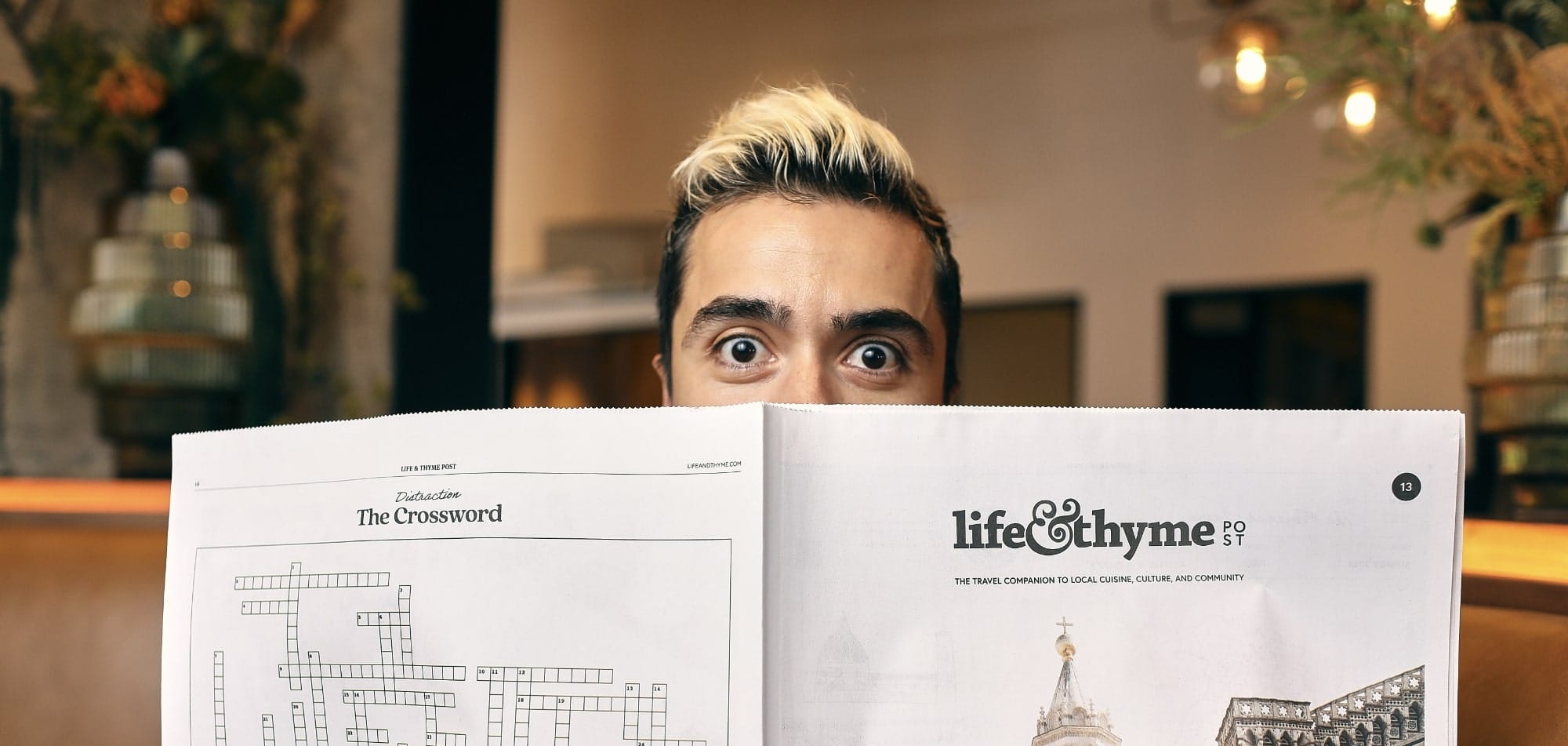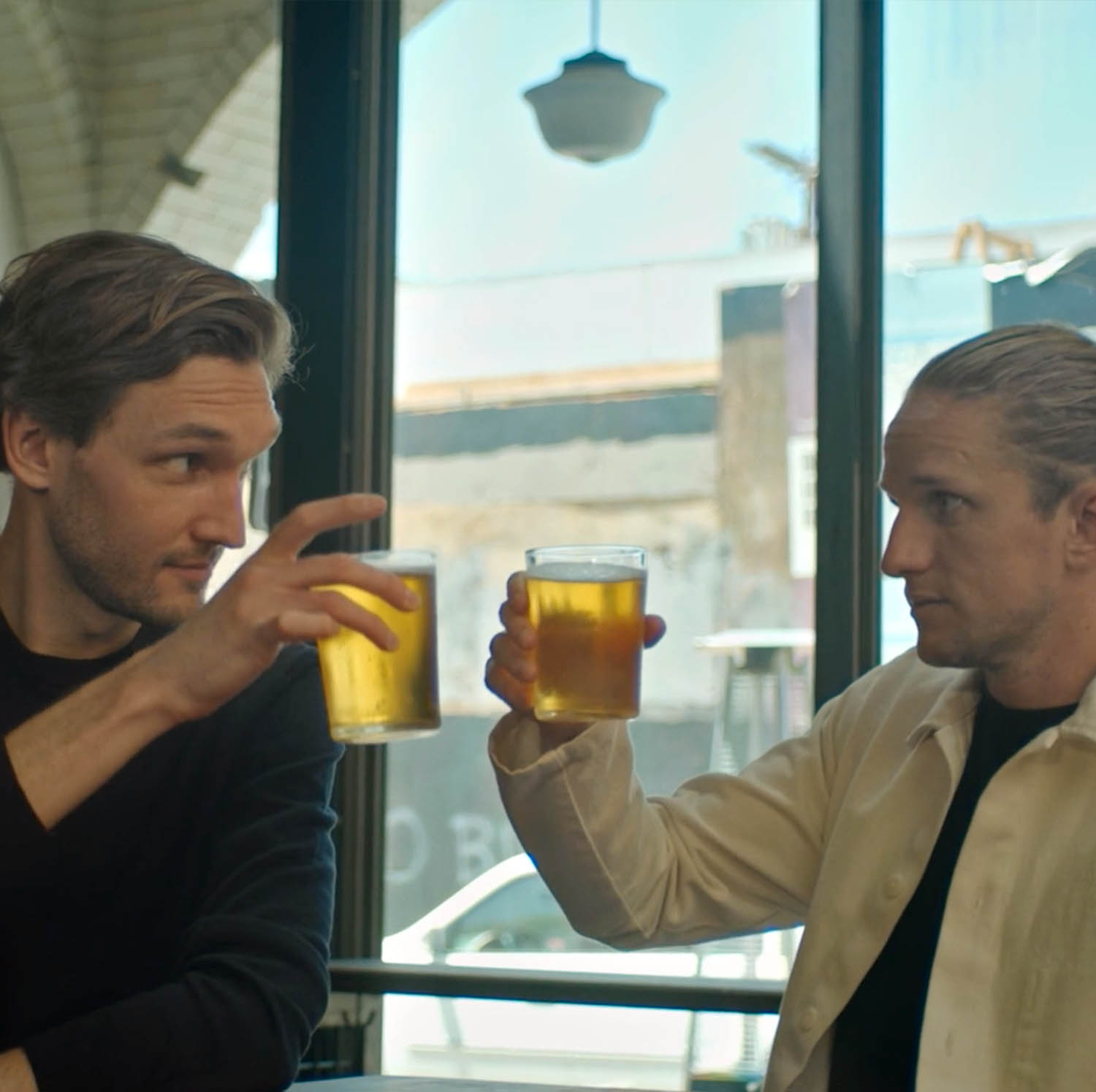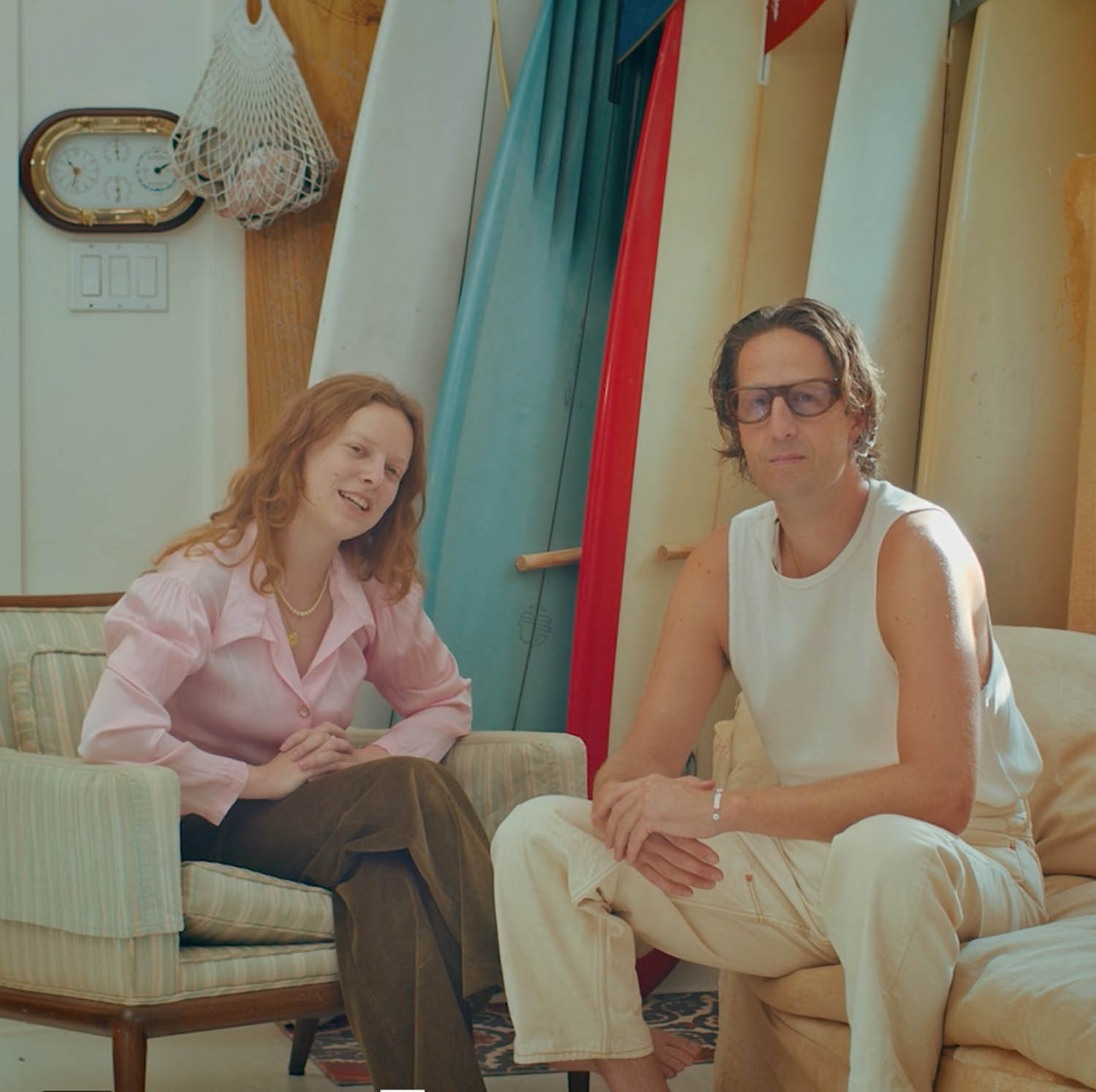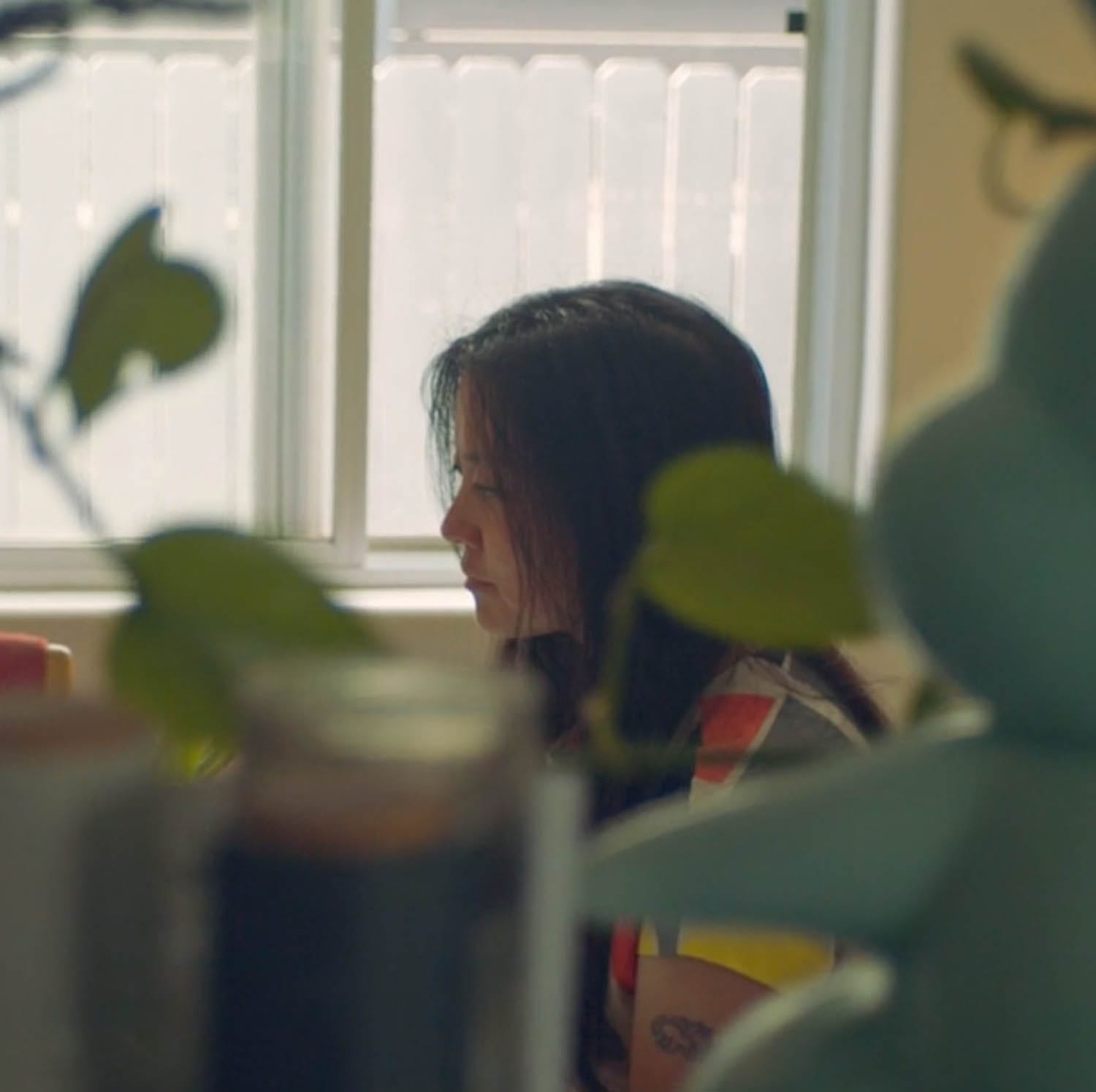NeueHouse 10x10 Member Spotlight: Antonio Diaz, Hollywood
Antonio Diaz had a DSLR and no television experience to speak of when producers at PBS approached him about developing a food-centric series for TV. The former culinary blogger pitched a few anyway, and got the green light on a five-episode season. “The producers were like, Do you know how to make a show?” he recalls. “And I said of course. Yeah. Yeah. Yeah. Yeah. Yeah. I left the meeting, called up my editor and was like: how the fuck are we gonna make this.”
Four Emmys and a production company later, the founder of Barnyard Productions and culinary publication Life & Thyme sat down with NeueJournal to talk about his journey from restaurant blogger to award-winning filmmaker, using food a hook, and the inextricable link between substance and style.
NEUEJOURNAL: What is the Life & Thyme origin story? How did it begin?
ANTONIO DIAZ: Honestly it sort of started by accident. I had a design agency and had been spending a lot of time up in San Francisco for work—this is back in like 2012, and San Francisco was the hottest city for food. I just got excited about it. I wanted to know the chefs and I wanted to know the people that were cooking it. Food media was all about restaurant reviews list. A lot of it is still that but there wasn’t like long form, beautifully story-driven stories about who was actually cooking the food, who were the people in the kitchen and who were the hands picking our food? Life and Thyme started out as a Tumblr blog side project just documenting what my friends and I were eating. We were all like, creatives on a budget.
NEUEJOURNAL: What do you think makes the LA food scene unique?
ANTONIO DIAZ: LA has kind of put a spotlight on minority cultures. There’s a whole new generation of these hyphenated immigrants — I’m one of them—who have one foot in one country and another foot in the other. Growing up, I always felt too brown for this country and then not Mexican enough for Mexico. There’s a generation of chefs now that grew up here and they’re in that middle space. And I think that’s what makes their food so creative because it’s not traditional. It’s authentic to this city because it’s a combination of all these cultures. It kind of only makes sense in LA.
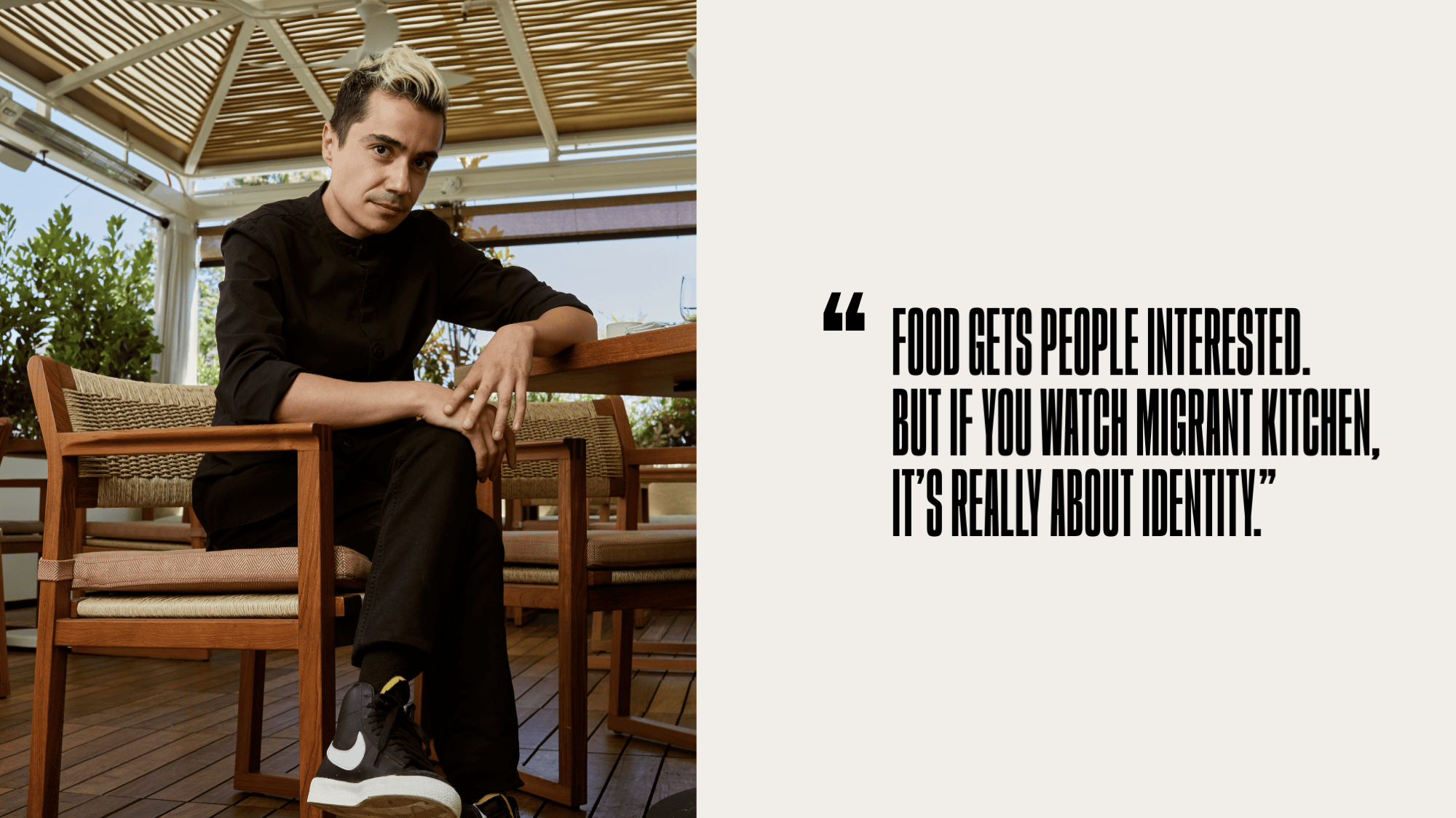
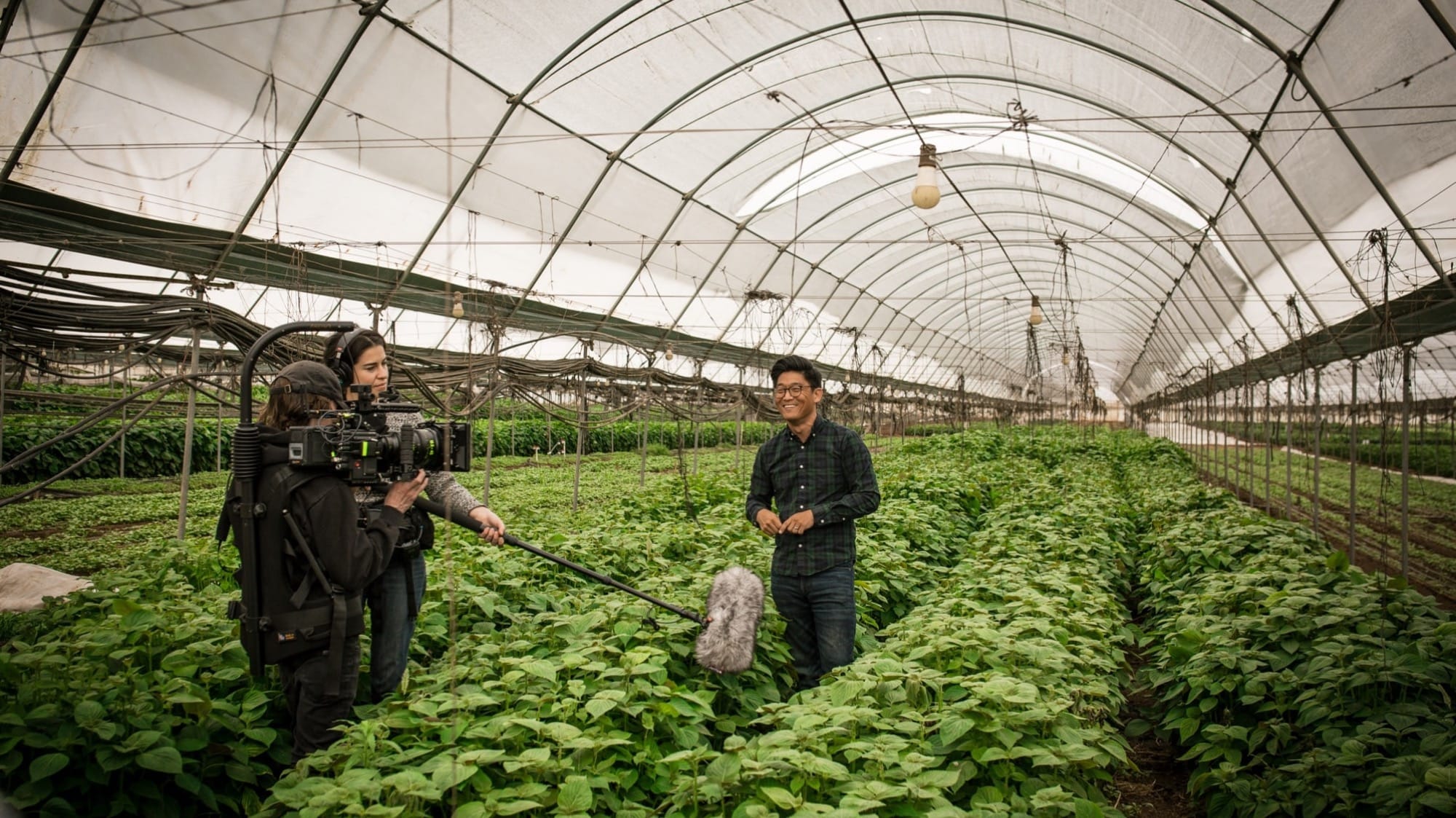
NEUEJOURNAL: How did you make the transition from working in editorial to developing a TV series?
ANTONIO DIAZ:
We had started creating three minute short videos about chefs and coffee shops that lived just on YouTube and on Life&Thyme’s website. They were just shot on DSLRs but they looked really beautiful. In 2016, KCET wanted to start developing food shows–they had no culinary content at the time. One of their assistant producers was a fan of our little videos on Life & Thyme and he suggested us to the executive producer. And basically they reached out and were like, we want to start developing show, would you guys be interested? They asked us to come up with a few pitches, and one of our story ideas focused on immigrants in Los Angeles through the lens of food. No one was doing shows like this at the time. Chef’s Table was doing highbrow white chefs from the fine dining world. So [the producers] were like, okay we’ll green light a first season. Five or six episodes. Do you know how to make a show? I was like, of course. Yeah. Yeah. Yeah. Yeah. Yeah. I left the meeting and called up my editor and was like, “how the fuck are we gonna make this, make this?” I had no clue. It was like this scrappy, a group of pirates putting on many different hats and being on set with three or four people. I held the boom. And then the first season won an Emmy and then we end up doing a second season, also winning an Emmy and then the third season also winning an Emmy. And then the fourth season that came out in 2022.
NEUEJOURNAL: Four Emmys! What’s the secret?
ANTONIO DIAZ:
It is really a testament to the team that I worked with and the art that we’re trying to create. We wanted to create something that we were proud of, and the story and the human connection that we could create with the people watching. We tried really hard to differentiate Life & Thyme from the rest of media because for restaurants, media is sort of a necessary evil.
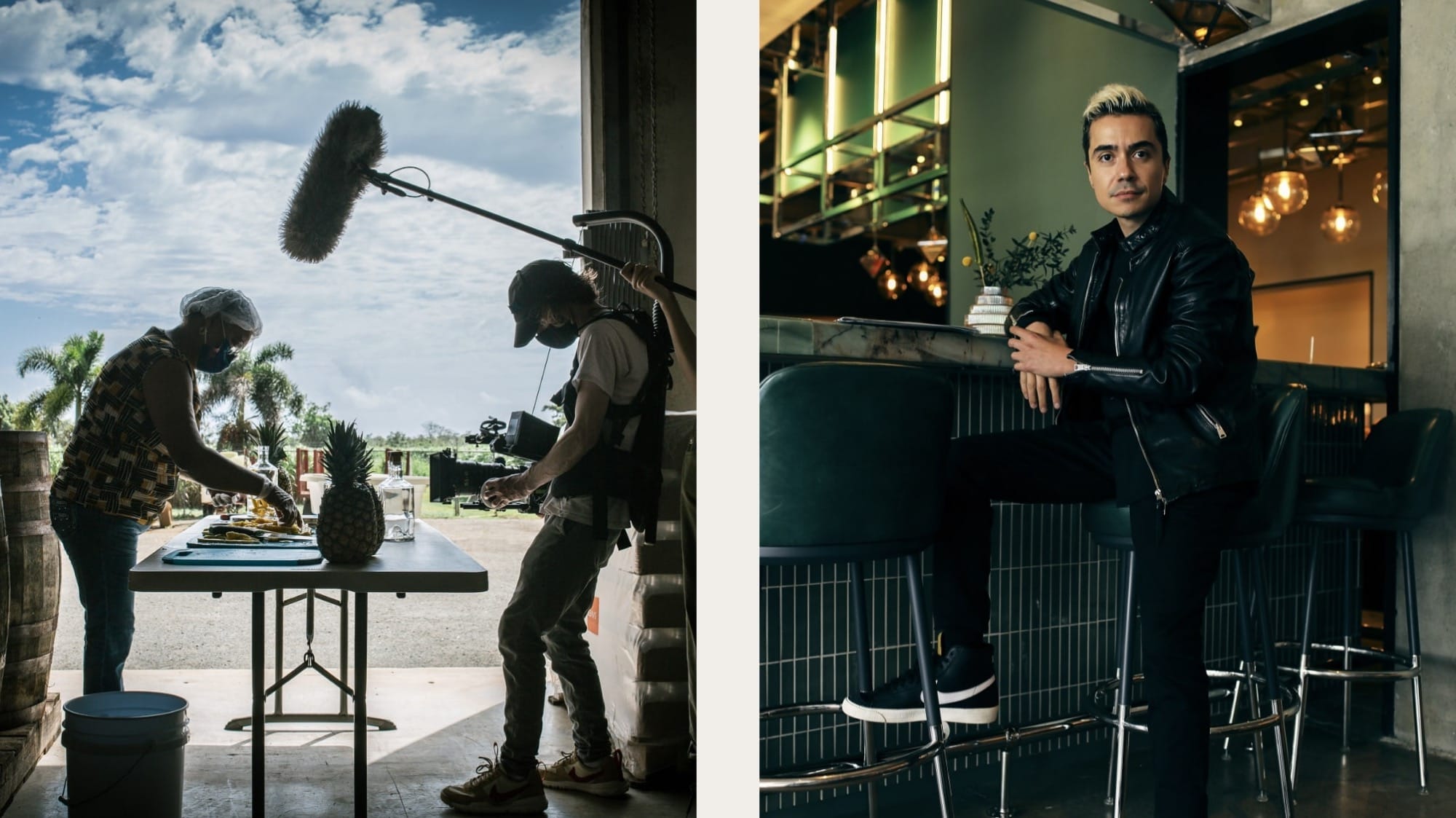
NEUEJOURNAL: What do you mean?
ANTONIO DIAZ: They’re being critiqued. And not always but, a lot of the time, the content doesn’t really reflect their humanity. We’re losing the last of quality storytellers and documentarians and writers. becoming more focused on influencers and and you know, here are the top 10 places to eat at. There’s not many people like what Anthony Bourdain did or Jonathan Gold. Food is the one thing that we all have in common. Every single social issue or environmental or political issue across the globe one way or another has a connection back to food. So with the show, food is the shiny thing to get people interested. But underneath, if you watch the Migrant Kitchen, it’s really about about identity.
NEUEJOURNAL: Have changes in immigration policy affected your content or like your method at all?
ANTONIO DIAZ: Not really, because these social problems have existed and will continue to exist in the food industry because we’re not paying enough for our food. The beauty behind art—and the beauty behind filmmaking and cinema and creativity—is that you can mask important issues and important information with entertainment. The art form is just as important as the content that we’re trying to tell. How do we make it look beautiful on screen? How do we work with original composers to create music that makes you feel something? Because if the content is bland, if the photo doesn’t look great, if the writing is bad, if the cinematography is bad, people just tune out. You don’t have to agree with the content. But did it actually strike up some emotion? Did it get your attention? That’s all I care about.
NEUEJOURNAL: What do you hope people get out of the show?
ANTONIO DIAZ: I hope people learned something that they didn’t know before and that it compels them or inspires them to try new things. I think we sometimes have a naive perspective on cultures that aren’t our own. LA is unique because you’re immersed in so many different cultures that it makes it easy to find empathy with other people because there’s someone from everywhere. That’s not the case with the rest of the country. My hope is that people leave with more empathy, and maybe when you go out to the restaurant, you have a little bit more respect or grace for the people that are feeding you.-
“The beauty behind art—and the beauty behind filmmaking and cinema and creativity—is that you can mask important issues and important information with entertainment. ”
NEUEJOURNAL: Has winning four Emmys affected your creative process at all?
ANTONIO DIAZ: The stakes are so much higher now because there is so much out there now. There’s a lot of content, a lot of it looks great. I try to not be influenced by what’s happening in my space and only do what we’re doing. I don’t really read food media anymore or watch food shows. I think it kind of protects us from being influenced by what everybody else is doing. Instead, I look at other art forms and other industries to be inspired. How can we learn from fashion. What can we take from fashion photography and apply to what we’re doing in Life & Thyme? How can we learn from other journalists and other platforms that are doing hard hitting investigative pieces? How can we apply that to the food industry and try to have content that is investigative and worthy of being journalism. I like to think that we’re journalists and not content creators
NEUEJOURNAL: You mentioned earlier finding inspiration in other industries. How does that show up for you at NeueHouse?
ANTONIO DIAZ: At NeueHouse I’m able to like rub shoulders with creatives that aren’t necessarily in the food industry—a tech founder or a fashion photographer, or another filmmaker. We’re all kind of like trying to do the same thing, but through different perspectives and through different mediums. It’s inspiring because we’re all kind of in this together and everybody contributes their own perspective and their own expertise into this greater bucket of creativity and striving towards something.
